Part 1 of the “American Foreign Policy Review” series: A look at our regional allies and foes. Part 2 follows.
November 5, 2017: Across Riyadh, unmarked black-and-white, up-armored Cadillac Escalade and Chevrolet Suburban SUVs — carrying armed men from the Saudi Special Forces and Intelligence Directorate loyal to the royal court — descended upon ranking members of the ruling family of the country, and its associates. A precise series of coordinated operations resulted in the arrest of over 200 people. In one case, reportedly, a high-value target refused to surrender, his life ending in a hail of bullets alongside members of his personal security forces.
Remember, remember the 5th of November,
The Gunpowder Treason and plot;
I know of no reason why Gunpowder Treason
Should ever be forgot.
Reports further indicated that, upon hearing Prince Abdul Aziz bin Fahd and his nephew had been gunned down, Prince Turki bin Mohamed bin Fahd knew he was next. He immediately ordered his men to take him to the airport, where a private plane was readying for take-off. Within the hour the plane departed, in spite of Saudi Aviation Authorities denying it permission.
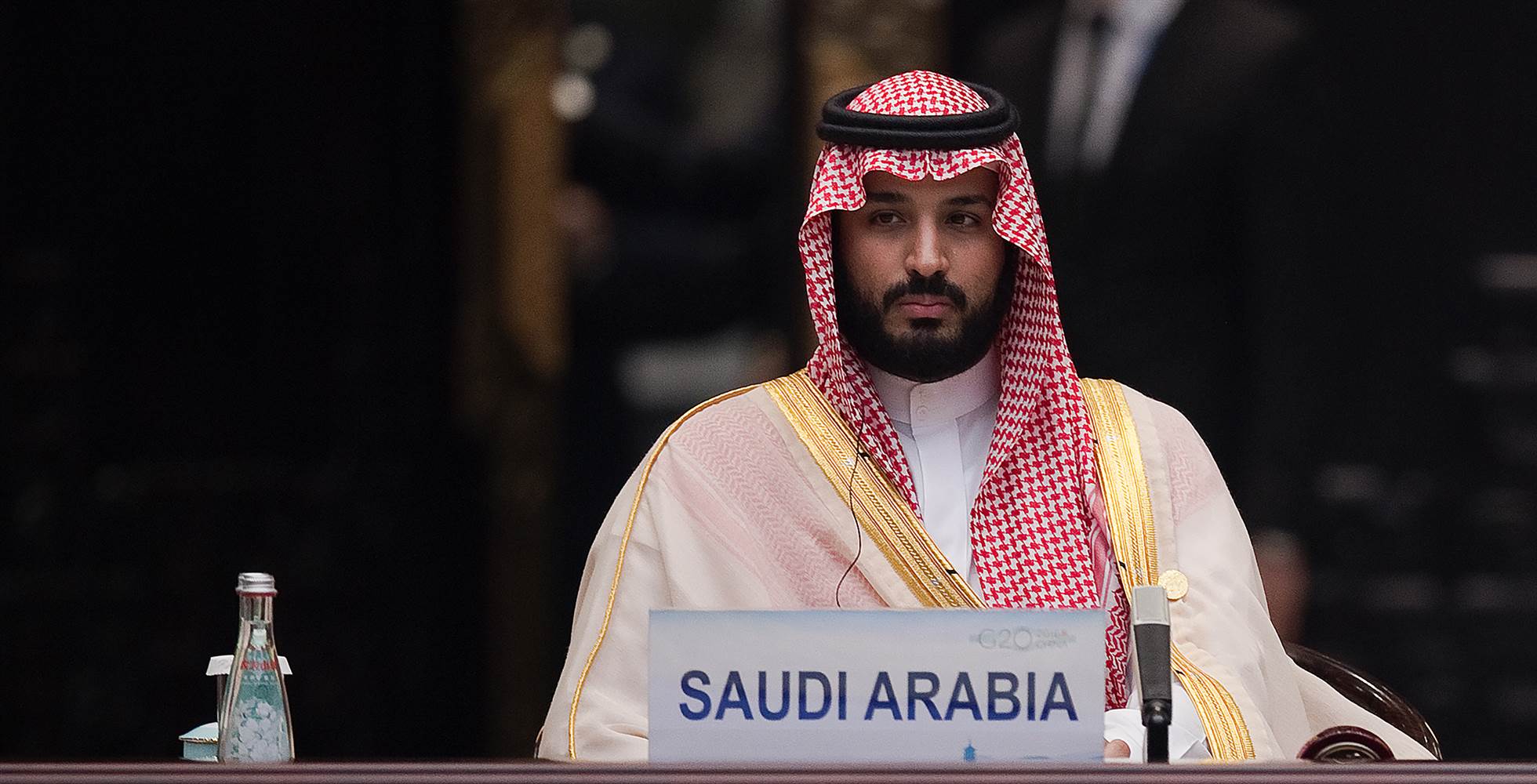
While overseeing the operation from his office in the Royal Palace, recently appointed crown prince, Mohammad bin Salman, spoke with U.S. President Donald Trump by phone. Crown Prince Salman was consolidating his power, removing all parties opposed to him. Ranking members of his own family had begun to make moves against him, opposing reforms and his coming role as king.
As the youngest crown prince for generations, his detractors knew that if they allowed him to become reigning monarch, he would remain there for decades. The old guard was readying to strike, but the crown prince had been forewarned by his uncle and close confidant of his father, Prince Muqrin bin Abdulazizi al Saud, former intelligence Sheikh and crown prince of Saudi Arabia.
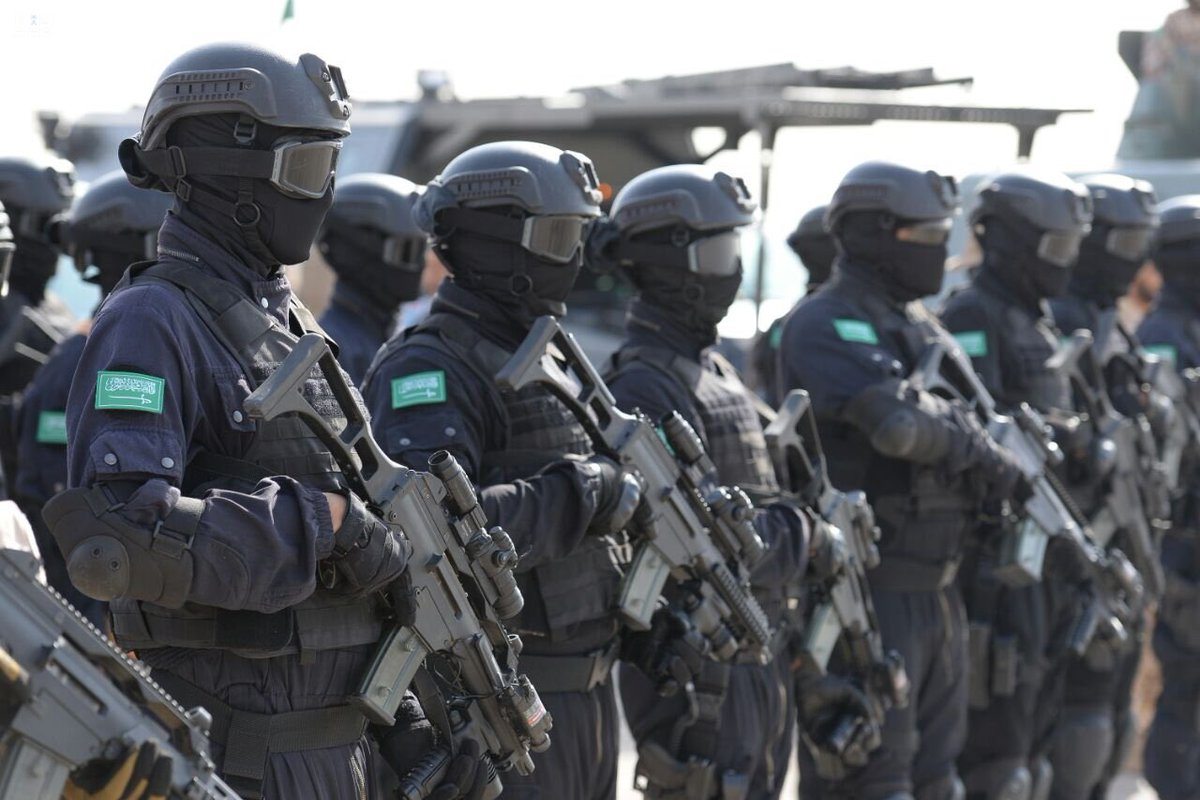
Mysteriously-Timed Accidents
November 5, 2017: A helicopter crashes into the arid desert of the Asir region of Saudi Arabia, near the Yemen border. A “mid-air event” “due to an explosive detonation from source unknown,” was the internal General Intelligence Directorate report. All aboard were killed.
Among the dead was Prince Mansour bin Muqrin al Saud, son of Prince Muqrin bin Abdulazizi al Saud. Prince Muqrin was at the royal palace, helping the crown prince direct security operations when he was told that his son’s helicopter had gone down.
The Middle East, a region already in turmoil after the sudden and unexpected announcement just hours earlier that Lebanese Prime Minister, Saad Hariri, had resigned, responded with shock and astonishment. As always, everyone quickly came to know what was happening — but not what had actually happened. The palace intrigues at the Royal Court of the House of Saud were still unraveling at this point. Regardless, to the sound of drums beating, and the conspiracy mill singing vocals, the tale had already begun to be told, with a familiar regional soundtrack playing in the background. Who needs facts when you know the truth?
What is happening in Riyadh can be called a de-facto coup d’etat in anything but name. It follows the long-standing power dynamic in the Kingdom and within the House of Saud; families competing for power-for-the-sake-of-power, set inside a vacuum of outside influence, guided by the unwritten laws of the Royal Court. A dynamic that might be described as analogous to Richard the Third, Hamlet, and The Tragedy of Macbeth in all but act and tone.

“Sweets to the sweet”
As is the case in much of the region, Saudi Arabia’s elite have abused political office and family influences to amass great personal wealth and power. Bribes and kickbacks have become the accepted norm for doing business. Since its founding, this approach has been prevalent in Saudi Arabia but has grown out of control in the past few decades. Elites have ruthlessly worked to maintain this status quo, hiding under the protective umbrella of ultra-conservative Wahhabism as cover for personal gain.
With the recent population boom and high unemployment numbers, this has quickly become an endemic problem of great consequence. The younger generation of Saudis quickly saw diminishing returns in keeping the system of corruption alive, something that Crown Prince Salman has used as a cornerstone in his reforms. The new crown prince’s progressive changes threatened to halt the growth of the personal fortunes of the old-guard, exposing their corruption. As a result, the old-guard immediately began work to isolate and remove him from office.
Crown Prince Salman’s surprise preemptive strike caused their worst fears to come true. With one swift move, he was able to remove his antagonists from blocking his ascension to the throne, addressing the very real problem of political corruption, and clearing the road for the progressive changes believed necessary for the survival of Saudi Arabia as a power player on the world stage. If the anti-corruption probe is proven successful, the Saudi government could also stand to gain access to some $800 billion dollars worth of offshore private assets.
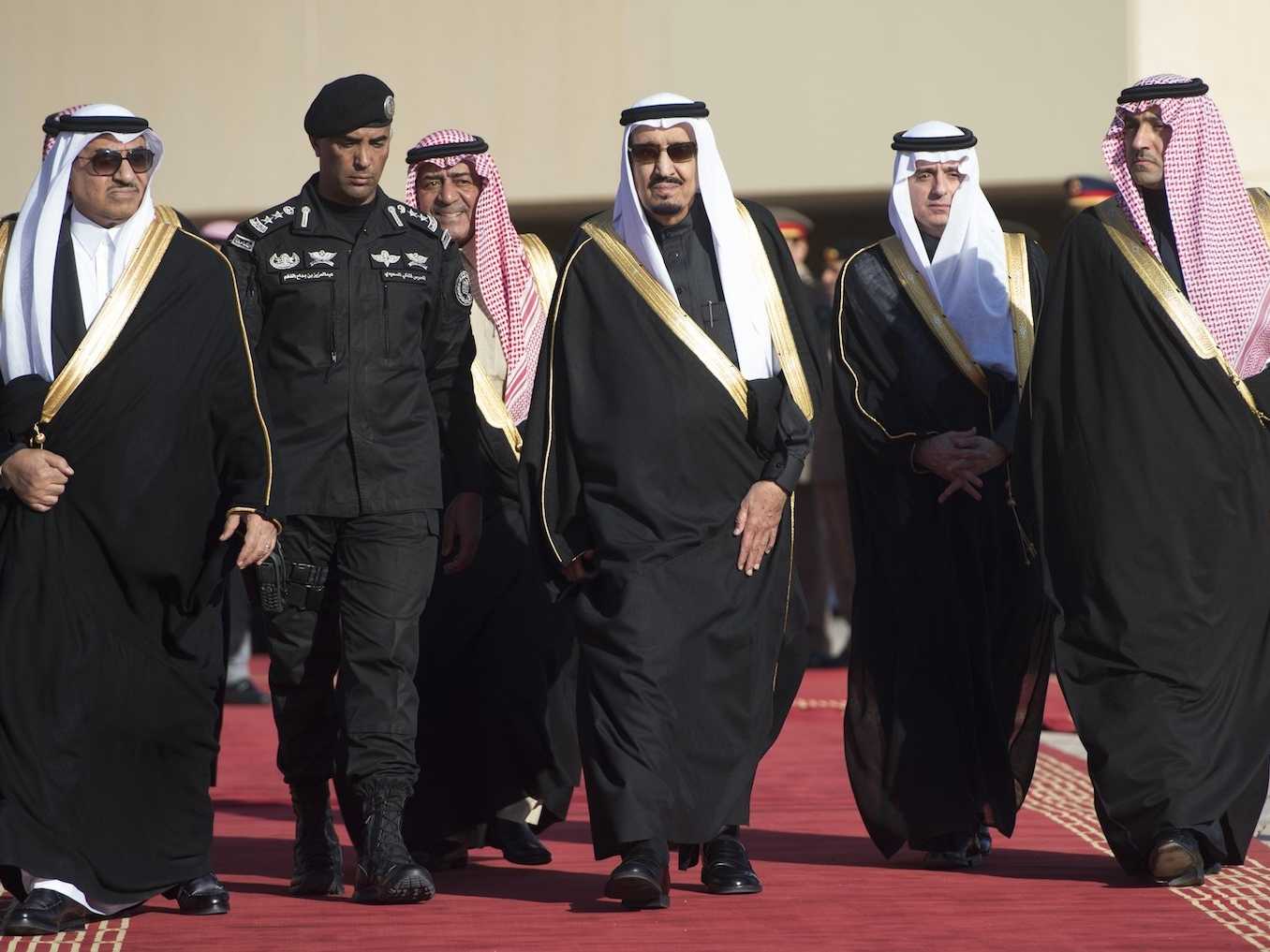
“The king’s name is a tower of strength”
In recent Saudi history, it has been the crown prince who spearheaded new policies and the direction of the country. By design, this was intended to ensure that he could slowly implement policies while still crown prince so he would rule over a Kingdom that befits his notions upon becoming king. It is a careful and slow building of changes, guaranteeing what is most precious to the mindset of Bedouins and long-term strategists — stability. As such, while the ruling king dictates the degree and limitations of the crown prince’s dictums and the implementation thereof, it is towards the crown prince that observers look to see where the Kingdom will be in the coming years.
Prince Salman bin Abdulaziz Al Saud was appointed crown prince on June 16, 2012, after the death of Crown Prince Nayef bin Abdul-Aziz Al Saud in Geneva, Switzerland, from an apparent cardiac event. Prince Salman’s appointment was considered the likeliest outcome for years, as it would not just appease the old court, but continue the guarded and structured reshaping process in the Kingdom.
This new crown prince was known as a strategic diplomat who only spoke frankly in private, rarely during meetings, and who was a relative believer in slowly reforming the Kingdom to better accommodate the shifting sands in the region. This stood in stark contrast with the deceased crown prince, Prince Nayef, who had been known as a stringent and outspoken adherer to the Wahhabist doctrine and a reluctant participant in King Abdullah’s cautious semi-reformist measures.
On January 23, 2015, King Abdullah succumbed to pneumonia at the age of 90, meaning that Crown Prince Salman became king at the spry age of 79. While King Salman was not quite the reformist of his deceased half-brother, he had indeed seen the writing on the wall and continued a slew of slowly progressive changes and reforms to the country. The new king quickly appointed his 70-year-old brother, Prince Muqrin bin Abdulaziz, as the new crown prince.
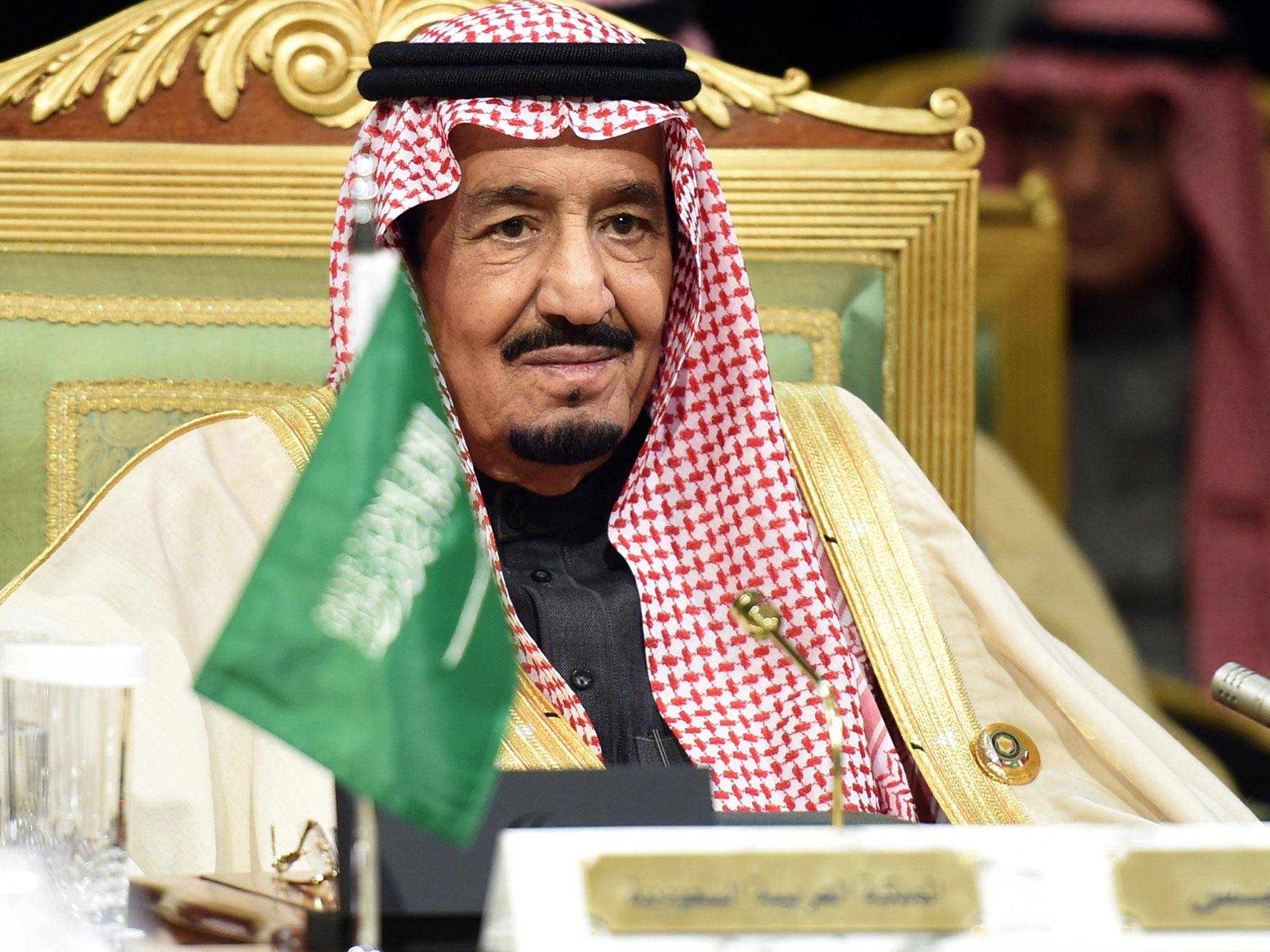
Prince Muqrin, former General Director of the Saudi Intelligence agency, was a long-standing confidant of the new king. The new crown prince was never intended to hold the position for longer than necessary; instead, he was the perfect placeholder. He was known for being a skilled political operator with strong ties to Western intelligence agencies, and a staunch opposer of militant Salafism. By putting his brother in this position, the new king had a powerful bargaining chip with not just the progressive movement, but also the conservative movement in the country. After 3 months of negotiations with the various power blocs in the country, on April 29, 2015, crown prince Muqrin resigned and became a special advisor to the king. Thus, Prince Muhammad bin Nayef al Saud became the new crown prince.
Prince Muhammad had long been a contender for the throne and represented a middle of the road approach — not truly progressive, but not really conservative. Crown prince Muhammad was a leading military commander over the Saudi efforts in Yemen, Operation Decisive Storm, the first major Saudi military engagement of the 21st century.
On June 21, 2017, Prince Mohammad bin Salman, son of King Salman bin Abdulaziz, was appointed the new crown prince. The now-former crown prince, Prince Muhammad, had fallen out of favor with the king and was dethroned, after being held against his will in his home for a number of hours. During this time pressure was applied on Prince Muhammad who was told that his refusal to relinquish his claims to the throne voluntarily could undermine the integrity of the nation and damage the family. After “voluntarily” relinquishing his position, he has remained under house arrest.
The current appointment of young Prince Salman to the position of crown prince was widely resented by the elders within the family, who felt bypassed and feared that Prince Salman would seek to quickly concentrate an immense amount of power under his own purview, and under one singular branch of the family. The appointment was, however, a popular one with the people, as the prince had pioneered the focus on solving the economic problems that the Kingdom was facing, and moving the Kingdom beyond its dependence on oil.
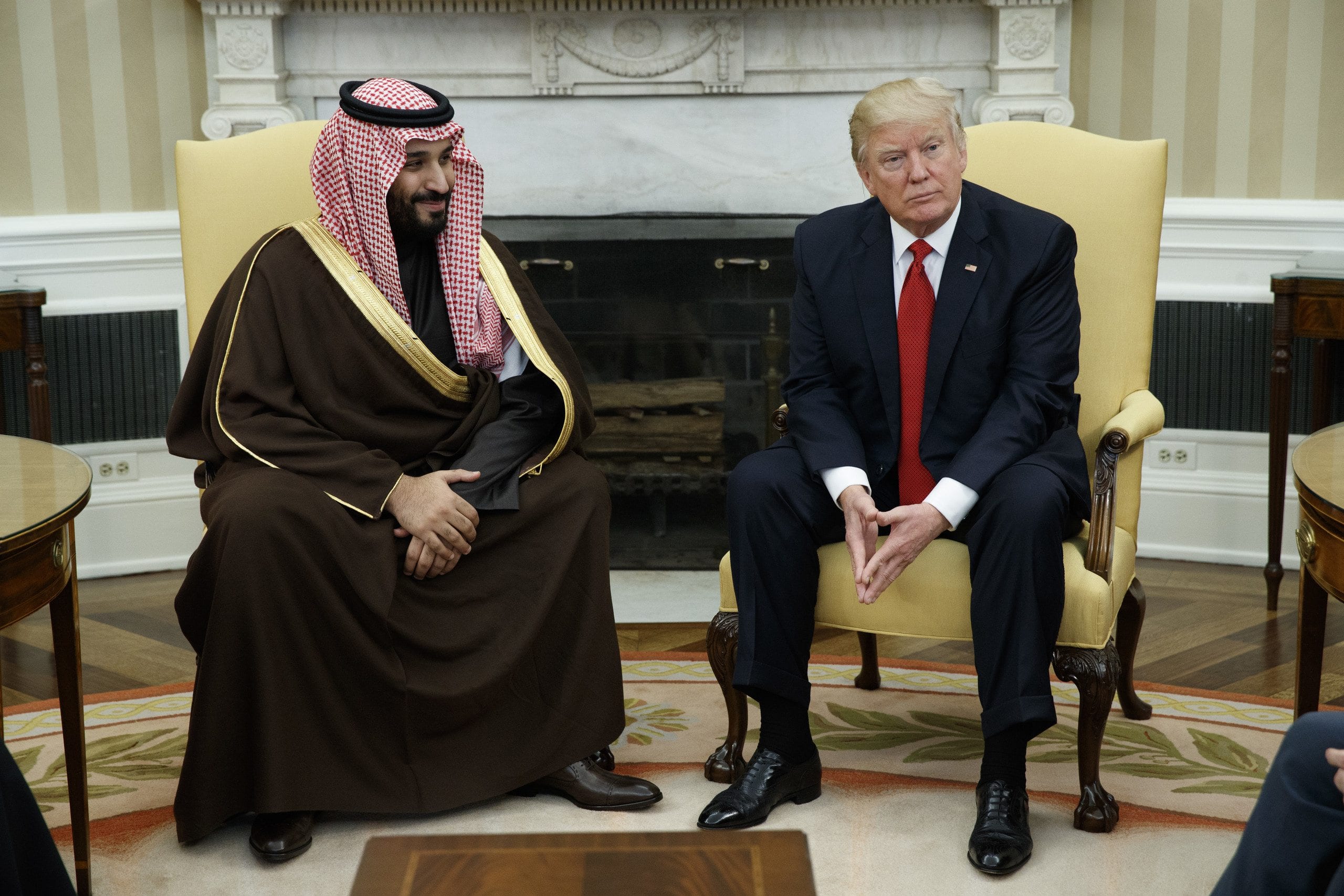
“If chance will have me king, why, chance may crown me”
Before Prince Mohammed bin Salman ascended to his position, he was the youngest minister of defense in the world, and in this role, he was considered to be a bit of a military hawk. Known for having somewhat of a temper, he would seldom bury the hatchet in an argument – except in his opponent.
Upon taking the position as crown prince, Salman quickly began reshuffling positions, installing allies, and he began what has been viewed as a relatively progressive campaign to modernize the Kingdom. For the Western audience, the progressive perspective of the new crown prince was cemented through two events. Firstly, amid mass arrests to quiet detractors, he helped spearhead the introduction of a new law allowing women to drive. Secondly, he publicly announced that the Kingdom would move away from Wahhabism, a staunchly unprogressive branch of Sunni Islam, which had been the foundation of the Saudi Kingdom since its formation. Wahhabism has certain key overlapping tendencies with Salafism, the main branch from which most Sunni Jihadist groups stem.
We are returning to what we were before – a country of moderate Islam that is open to all religions and to the world … We will not spend the next 30 years of our lives dealing with destructive ideas. We will destroy them today.
– Prince Mohammed bin Salman, October 23, 2017
In his October 23rd speech, the crown prince announced that he would take the country on a collision course with extreme Islam, stating, “We will end extremism very soon.” The crown prince did not necessarily differentiate between Shi’a and Sunni extremism but rather appeared to be making an all-inclusive statement.
These announcements came along with a series of reformist measures promising to revitalize the Saudi and regional economy, to the tune of at least $500 billion US dollars. The crown prince’s statements were also distinct in another particular way. It was the first time a Saudi leading individual directly referred to a “post-oil era” for the Kingdom of Saudi Arabia.
The problem, of course, is that up until this point and until further notice, the Saudi political system has largely depended on the religious establishment, one that has made many rich. This establishment has many adherents inside the ruling family, as well as within the unending sea of tribal power-players. This status quo has ensured a relatively safe position of power for all members of the House of Saud for well over a hundred years.
The new crown prince, by essentially threatening to force a tectonic shift in the very fabric of Saudi society, sent disruptive waves throughout the ruling class, his own family, and further. While his viewpoints appear to have been well supported by his father, King Salman, the reality is that any serious setbacks could allow for the opposition to gain a foothold. The king has known that while his son has the right ideas to bring Saudi Arabia into the post-oil and post-Arab Spring reality, there would be trouble. While the king’s rule is ostensibly absolute, it remains tied to the tacit support of the tribes and his own family, the House of Saud. Failure to anchor ideas could result in pushback, reversing the implementation of good ideas at equal or greater speed than with which they were introduced.
Ultimately, the crown prince knows that if he fails he can be replaced. However, by carrying out a preemptive counter-coup d’etat under the guise of an authorized anti-corruption probe, he can sow even further distrust within the family, and isolate the king, and thus remain the sole contender for the throne.
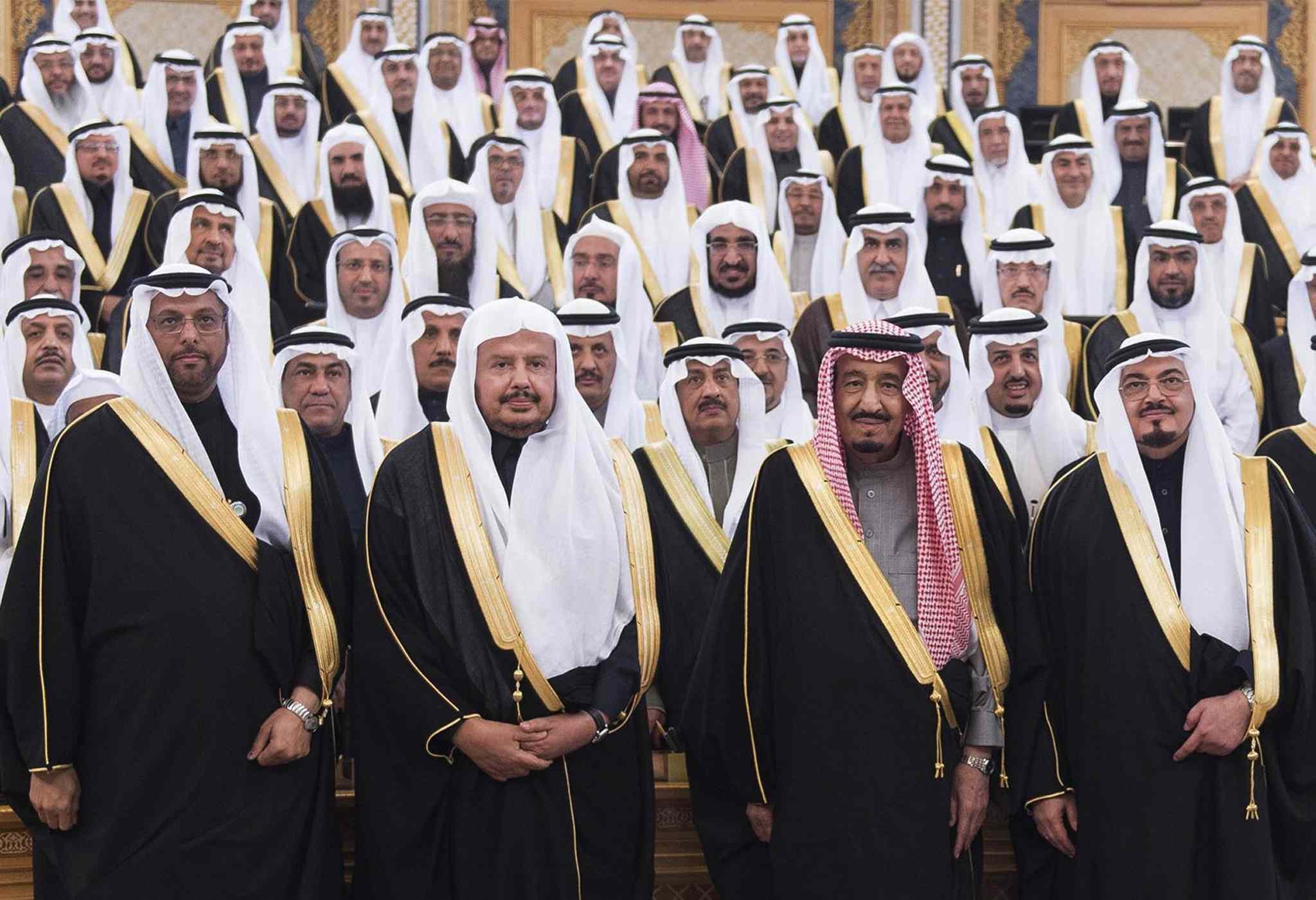
“There’s daggers in men’s smiles”
The security forces operations, under the guise of an anti-corruption probe, have so far resulted in 224 arrests. Among those arrested are several high ranking and prominent individuals, such as billionaire investor Prince Alwaleed bin Talal, and Prince Miteb bin Abdullah, the influential head of the National Guard, plus at least 10 other princes, 4 ministers and tens of former ministers.
1,680 accounts in Saudi banks have been frozen. It is widely believed that while Prince Alwaleed was amongst the top echelon counteracting the new crown prince behind the scenes, it was not because he objected to the new progressive agendas, but rather he stood to lose personal benefits. Many others arrested were merely collateral victims, to expedite and control the narrative of the agenda.
Prince Alwaleed is widely considered one of the most influential Saudi princes that has not directly participated in overt political infighting. Instead, he has preferred to operate in the background as a supporter and divider. The prince has openly campaigned for reforms inside the Kingdom, such as supporting women driving and has employed women to work in high positions within his companies.
Ultimately, though, Alwaleed has been considered a pragmatic that will support suitable parties, including conservative ones, on an ad hoc basis. His Kingdom Holding investment firm owns major stakes in 21st Century Fox, Citigroup, Apple, Twitter, and several other companies. Throughout 2017, Prince Alwaleed has been part of the core group that structured the coming public offering of shares in the state oil company, Aramco.
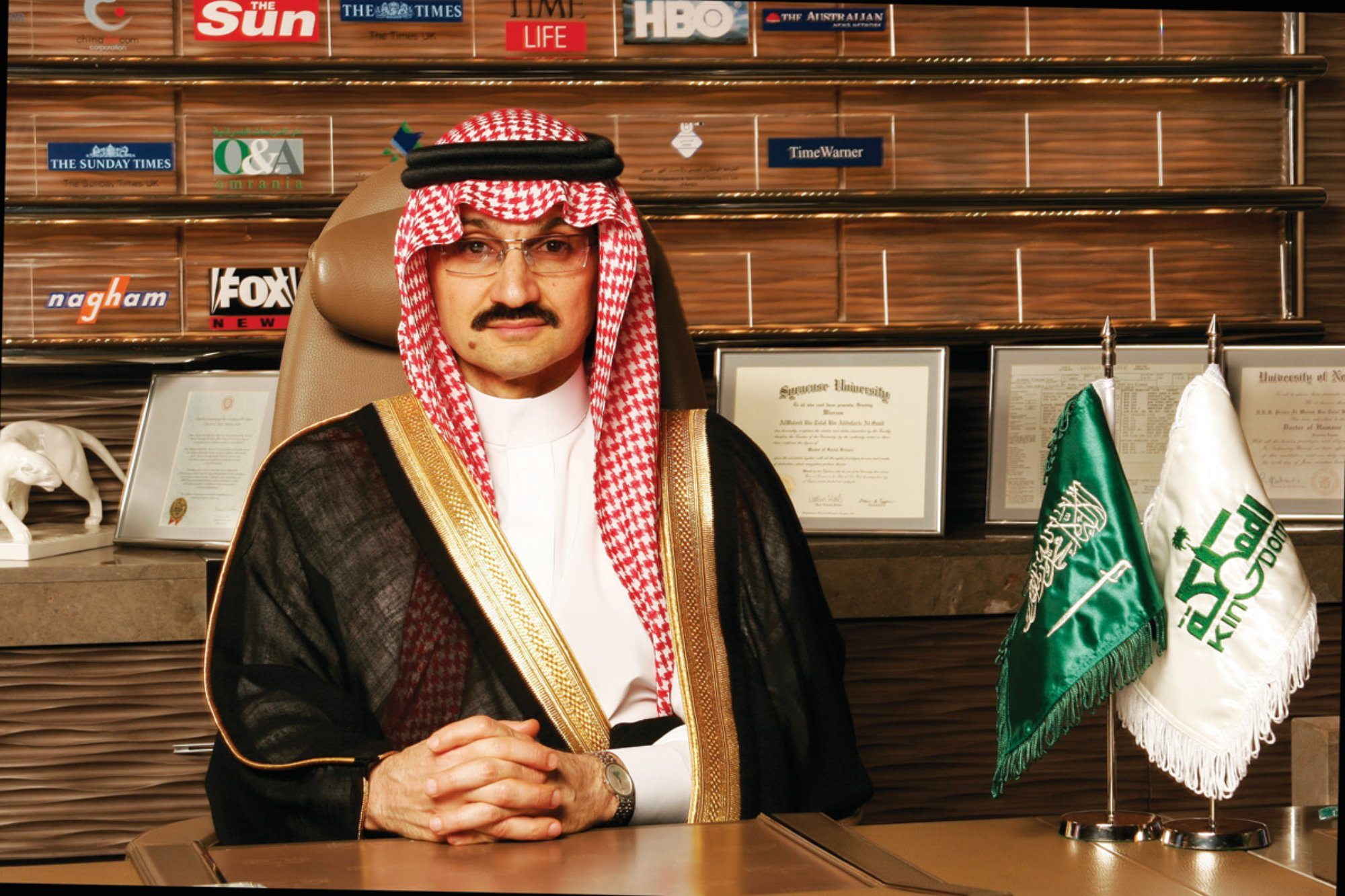
Prince Mutaib has also been considered a strong contender for the position of crown prince if Salman fails and falls out of favor with his father. Prince Mutaib also controlled large portions of the Saudi armed forces and posed a direct and immediate threat to the crown prince’s wish to safeguard his ascension to the throne. No doubt the crown prince knew, due to his past as the nation’s defense minister, the importance and immense political power of the Saudi armed forces firsthand.
The authority to carry out these far-reaching arrests was given to crown prince Salman just hours before, via a royal decree by his father. The decree created a powerful new anti-corruption committee which quickly moved to freeze the assets of, and immediately arrest, over 200 people. The committee then ordered the immediate vacating of the Ritz Carlton hotel in Riyadh, traditionally the favored royal hotel, to be used as a de facto golden cage for arrestees belonging to the House of Saud linage.
At the same time, the committee ordered that no private planes were allowed to take off from Saudi airports, and military units were dispatched to airports across the country to enhance security. Saud family members were not the only ones barred from leaving: businessmen and private individuals with known affiliations were also swept up in the operations.
Among those that have been arrested, and named are:
– Prince Alwaleed bin Talal, chairman of Kingdom Holding 4280.SE
– Prince Miteb bin Abdullah, minister of the National Guard
– Prince Turki bin Abdullah, former governor of Riyadh province
– Khalid al-Tuwaijri, former chief of the Royal Court
– Adel Fakeih, Minister of Economy and Planning
– Ibrahim al-Assaf, former finance minister
– Abdullah al-Sultan, commander of the Saudi navy
– Bakr bin Laden, chairman of Saudi Binladin Group
– Mohammad al-Tobaishi, former head of protocol at the Royal Court
– Amr al-Dabbagh, former governor of Saudi Arabian General Investment Authority
– Alwaleed al-Ibrahim, owner of television network MBC
– Khalid al-Mulheim, former director-general at Saudi Arabian Airlines
– Saoud al-Daweesh, former chief executive of Saudi Telecom 7010.SE
– Prince Turki bin Nasser, former head of the Presidency of Meteorology and Environment
– Prince Fahad bin Abdullah bin Mohammad al-Saud, former deputy defence minister
– Saleh Kamel, businessman
– Mohammad al-Amoudi, businessman
“Fair is foul, and foul is fair”
At 12:55, on February 14, 2005, the up-armored black S-Class Mercedes-Benz was traveling at speed in the middle lane, passing vehicles. Its driver and passenger, Rafic Hariri, never knew what happened. A simple white Mitsubishi pickup truck, loaded down with nearly 1,800 kilograms (4,000 lb) of explosives, detonated as the Mercedes passed it on the outside lane. The destruction was vast. The vehicle was destroyed, and nearly a whole city block leveled with it.
The Lebanese are considered the best VBIED (vehicle-borne improvised explosive device) manufacturers in the Middle East, a notion that strikes fear in the heart of any Lebanese power player or well-to-do. The technique of using car bombs as offensive weapons is a tactic that was finely honed during the Lebanese Civil War, where it was successfully directed against the US Embassy and the Barracks bombing, both in Beirut, in 1983, as well as a multitude of other targets.
One of those other targets was Rafic Hariri. Hariri was the former, albeit still immensely popular, Prime Minister of Lebanon and one of the defining individuals in the anti-Syria Lebanese movement. Despite Hariri being one of the world’s richest people, and his black Mercedes-Benz having the highest possible protective rating, it never stood a chance. In the days that followed, several other bombings and assassinations against high profile anti-Syrian figures were carried out. These included Samir Kassir, George Hawi, Gebran Tueni, Pierre Amine Gemayel, and Walid Eido.
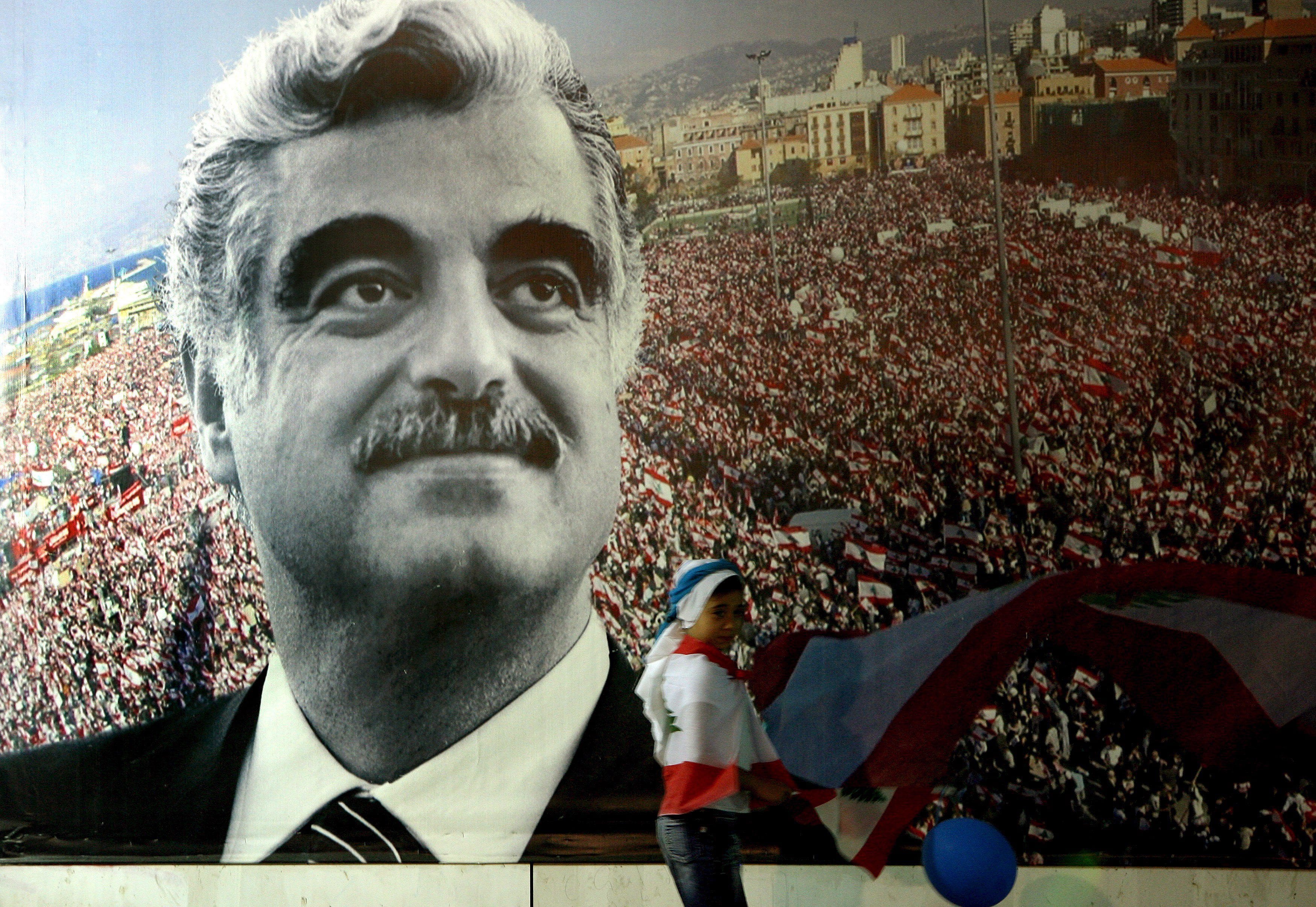
Syria was initially accused of the assassination of Hariri, which led to the withdrawal of Syrian troops from Lebanon. Nine years later, the United Nations released a series of reports that did, in fact, implicate the Syrian government in the attack. Ultimately though, it appears that operators from Hezbollah, the Iranian proxy militia, orchestrated the attack, and paid the family of a young unemployed male to carry out the suicide attack. Ultimately, the death of Hariri set in motion events that toppled the Lebanese pro-Syrian government and drove Syrian forces out of the country.
A commonly held belief today is that the assassination was carried out on behalf of the Syrian government, using assets and resources from both Hezbollah as well as the Syrian Military Intelligence Directorate.
Rafic’s son, Saad, was in the offices of the family business in Riyadh when he heard what had happened to his father — dead, at the hands of a suicide bomber. He immediately traveled to Beirut and resumed his fallen father’s mantle as the leader of the Freedom Party, and a key individual in the national anti-Syrian movement.
“Double, double toil and trouble; Fire burn, and cauldron bubble.”
Saad Hariri would resign as Prime Minister of Lebanon on November 4, 2017, in a televised address from Riyadh. During the address, Hariri said that Iranian influence in Lebanon was out of control, being carried out by Hezbollah and that a well-developed plot had been formed to assassinate him. In order to save his life, he claimed, he must resign from public office.
Hariri had been elected to the position of Prime Minister twice: the first time in 2009, and the second time in 2016. During both candidacies, Hariri vowed to continue the fight against Syrian influence, as well as Iranian proxy militias. He became the country’s 33rd Prime Minister since its declaration of independence as a French colony.
With the Hariri family having immense business interests in Saudi Arabia, Hariri and his father have, on a number of occasions, been accused of working on behalf of Saudi interests. During Hariri’s time as Prime Minister, Saudi investment organizations, as well as the government itself, increased their financial support and investments in the Lebanese economy.
Despite the strong ties between the Hariri and Saud families, Hariri fell out of favor with the Saudi ruling family. This was, in part, due to the fact that Lebanon continued to experience political turmoil under his leadership, which ensured that Hezbollah’s influence continued to expand. This was not entirely Hariri’s fault — Lebanon has struggled to have a unified government since its independence, and Hezbollah has adapted exceedingly well by setting up poor local villages with services that the Beirut government has been unable to provide.
The Saudis’ affiliation with Hariri faltered even more due to his interest in damaging the Syrian government. He had his intelligence services run several operations inside Syria that sought to destabilize the Syrian regime, even targeting Bashar al Assad for assassination. If these operations had been successful, he might have regained some favor with the Saudis. Instead, their failure only created further turmoil, doing nothing to harm Saudi arch-rival Iran, and rather helping Iran gain further influence. In 2012, shortly after the end of Hariri’s first term as Prime Minister, the Syrian government issued an arrest warrant against him. The warrant remains but is largely ignored by the international community.
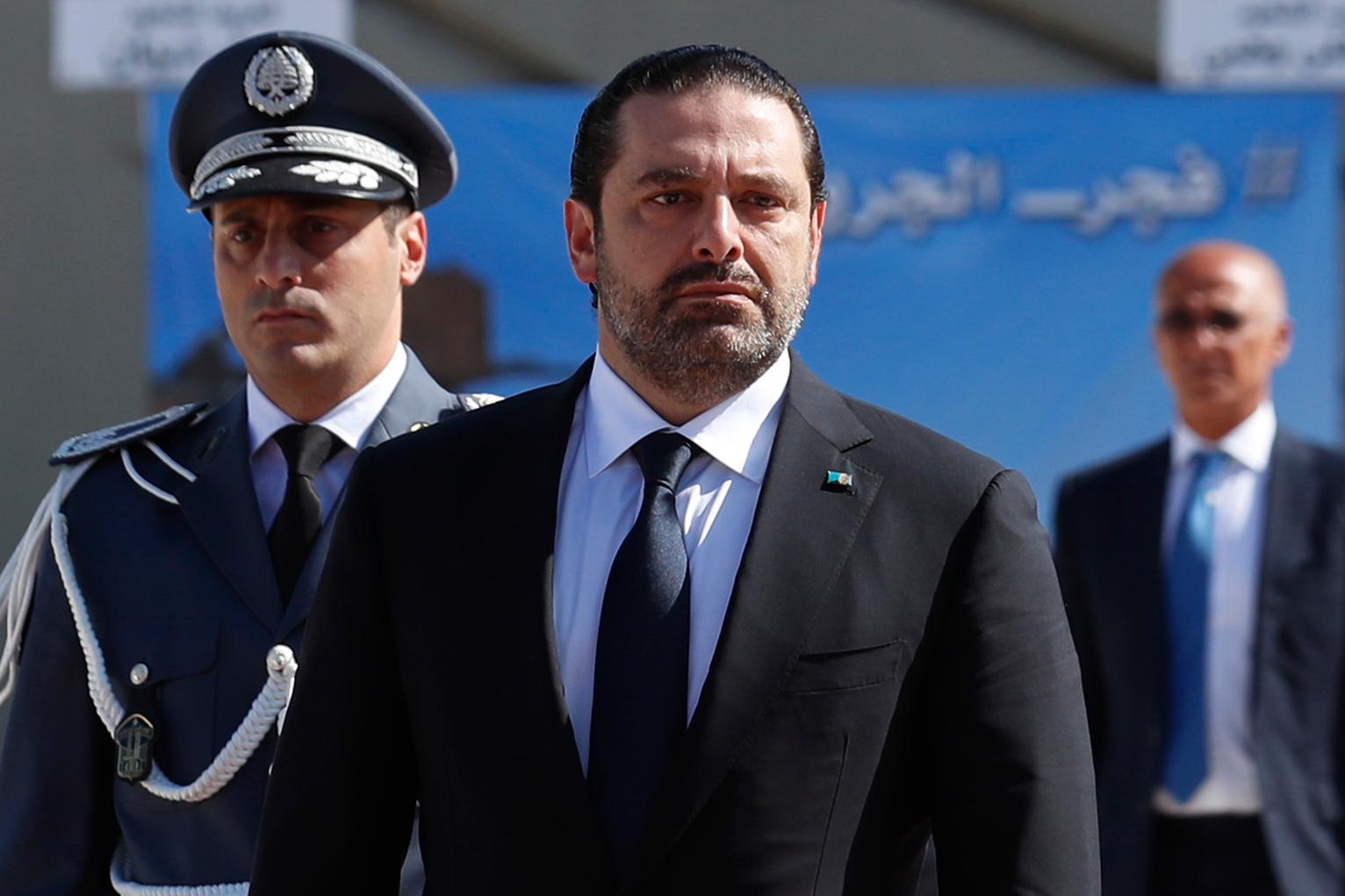
On a number of occasions, with Saudi and American support, the Hariri administration mounted large-scale intelligence and military operations against Hezbollah in Beqqa Valley, seeking to expel them from their safe haven. These operations were nothing but costly failures, in both manpower and fiscal resources. With Hezbollah’s influence throughout Lebanon only continuing to grow, despite increased support from both Saudi Arabia and the United States, Hariri’s favorable status in Riyadh continued to decline within Saudi intelligence and the realm of power. He was now seen as a merely a useful individual, but not resourceful enough.
When Hariri was reelected for his second term as Prime Minister in 2016, it was largely without the help of the Saudis. His election relied heavily on keeping the conflict in Syria away from Lebanon, safeguarding the economy and drumming out Iranian influence. By this time, Hezbollah had become nearly institutionalized, and virtually impossible to control. Large communities throughout the country rely on the services that Hezbollah provides, such as health care and kindergarten services, in order to function.
When Saad Hariri’s jet touched down at the Riyadh International airport on November 3rd, he was met by a contingent of police officers who informed him that there was a threat against his life and that they were to provide him with security. His bodyguards were disarmed, and all cell phones confiscated. From the airport he was hurried to a convoy of awaiting vehicles on the runway, his bodyguards separated from him, headed to the royal palace where he was told that he would meet King Salman, who had invited Hariri to come earlier that same day.
Upon arriving at the palace, he was whisked into one of the many conference rooms. Here he would not meet the king, but instead representatives from the Saudi security agencies, the military, and the crown prince. The group told Hariri that there was a credible threat against his life and that it came from Iran. A report, reportedly composed from Saudi, French, and American intelligence sources told the tale that Hezbollah was preparing to assassinate him upon his arrival. But don’t worry, we are here to help.
Considering what happened to Saad’s father a little over a decade ago, the notion was an easy sell. It was believable and even likely. In recent years, Iran has become increasingly aggressive and ambitious. The Hariri family stands in its way to advance on all fronts with expedience.
For his own good, the benefit of Lebanon, and maybe the region, Hariri was given an offer that he could not refuse. Not only would the Saudis save him, he would remain with them until it was safe to return, and ingrain himself with the new Saudi crown prince. All that was required, was for Hariri to temporarily fall upon his sword and participate in the House of Saud’s palace intrigues.
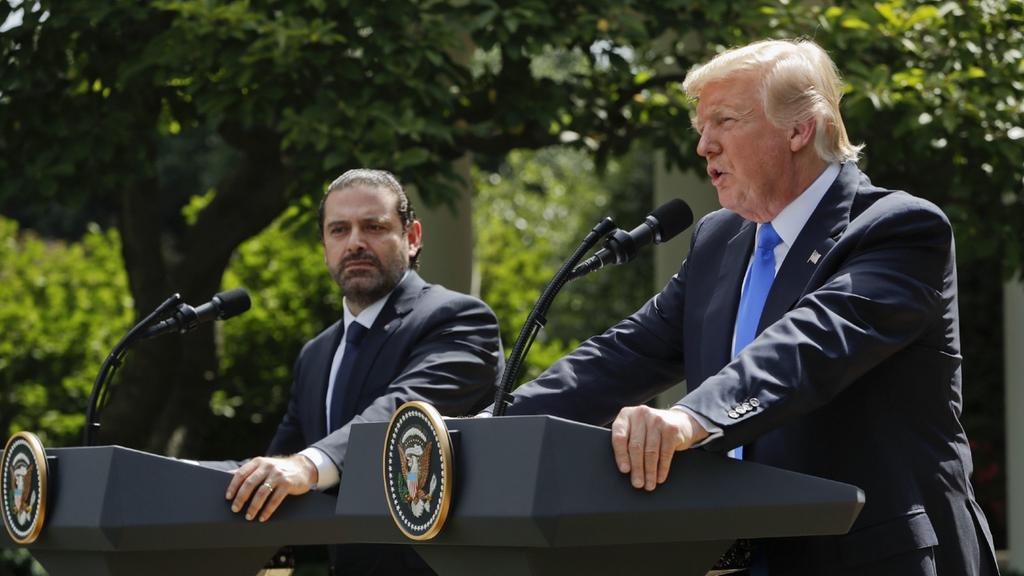
Understanding palace intrigues come naturally for the Lebanese. The Saudi’s nuanced, multi-layered, and multi-cultural society — with overly complex political dynamics — breeds levels of intrigue that even the worst Turkish soap operas couldn’t do justice. It was obvious to Hariri that he had no choice in the matter. The fact that they were politely asking him just meant that nastier options were available.
With his wife and children still living in Riyadh, Hariri knew that even if he had been able to leave, he would not walk free. He quickly understood that, while his situation was precarious, it also presented an opportunity. By participating in the intrigue, he would gain more than just reestablishing himself as one of the premier, and actual, Saudi and American confederates. The possibilities were endless. He had little to lose – especially if the Iranians were truly intent on hunting him. After all, he could always, with little difficulty, regain what he lost in Lebanese politics when he so chooses.
“So wise so young, they say, do never live long”
The Kingdom of Saudi Arabia is in dire straits. It is quickly reaching the end of the line where oil money will sustain it. Its murky war in Yemen is also proving to be the Saudi version of Vietnam, or Afghanistan — an undefined quagmire against an enemy that does not actually reside where the war is fought.
To reach the throne, and remain, Prince Salman must ensure that he becomes the king that Saudi Arabia needs in this dire hour. The safest way for him is to continue the economic progress away from oil dependency, and also follow the Shakespearian playbook: ensure the continuation of defined enemies, and ensure that one’s back will not have a knife in it shortly after ascending to the throne.
The Big Bad Wolf: Iran?
The new crown prince appears intent on focusing on Iran as an external enemy and thus uniting the Kingdom behind him when he becomes king. Part of that strategy is undoubtedly the continuation of the costly war in Yemen, and it appears that the Western world is quite keen to allow it.
Within the halls of power in the West, the Saudi incursion into Yemen is often jovially talked about in the context of the Vietnam or Afghan war. It is not entirely out of the question that grand-strategists in the West, behind closed doors, are applying the same mentality that helped extend the Iraq-Iran war from 1980 through 1988. By enabling the Saudis towards engagement in a war against Iran on multiple fronts, a scenario is created, where the resources of both sides are quickly degraded through a slow-burn. The result is a point where they essentially neutralize each other. At the same time, the devastation of various Shi’a and Sunni militia groups may be assured. This would serve long-term, non-humanitarian Western interests.
Thus, Saad Hariri’s sudden resignation helped cement the narrative that the “big bad Iranian wolf” must be dealt with; that Saudi Arabia must slay that wolf. For months now, the drums of pro-war and anti-Iran sentiment have grown in volume and scope. To further emphasize the danger, Saudi Arabia ordered all of its citizens out of Lebanon “immediately” on November 9th.
All in all, both the West and the crown prince have something to gain from this: one in the long term, and the other in the short term.
Now, in this final act before the grand finale, the ascension of Salman to the throne, the crown prince seeks to ensure the creation of an agenda through which he can operate for decades to come. By carrying out this Hamlet and Macbeth-inspired performance, Saudi Arabia can continue to be a premier ally of the outside world. By controlling the narrative — focusing on the sectarian aspect of a regional conflict — Crown Prince Salman can present himself as a classic, strong Arab leader of merit and cause; in essence becoming the “Lord Protector” of the Sunni cause.
Crown Prince Salman is the man who would be king.
An honest tale speeds best, being plainly told.
John Sjoholm and Brian Jones, Lima Charlie News
[Edited by Anthony A. LoPresti]
John Sjoholm is Lima Charlie’s Middle East Bureau Chief, Managing Editor, and founder of the consulting firm Erudite Group. A seasoned expert on Middle East and North Africa matters, he has a background in security contracting and has served as a geopolitical advisor to regional leaders. He was educated in religion and languages in Sana’a, Yemen, and Cairo, Egypt, and has lived in the region since 2005, contributing to numerous Western-supported stabilisation projects. He currently resides in Jordan. Follow John on Twitter @JohnSjoholmLC
Brian Jones is an entrepreneur, writer, tactical and wilderness skills instructor, and personal security consultant who has worked in many regions of the world. He has trained and worked with many agencies, including the Boston, Massachusetts Police Department, and the US Army Mountain Warfare School. He currently heads a small boutique security firm that consults for select celebrity and executive clients.
Lima Charlie World provides global news, featuring insight & analysis by military veterans, intelligence professionals and foreign policy experts Worldwide.
For up-to-date news, please follow us on twitter at @LimaCharlieNews
Read Part 2: Lebanon: the Coming Uncivil War

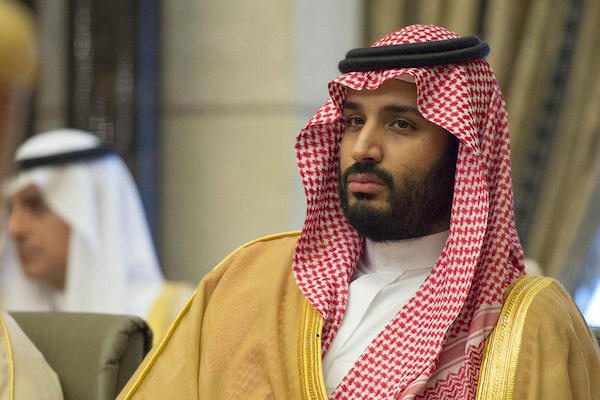
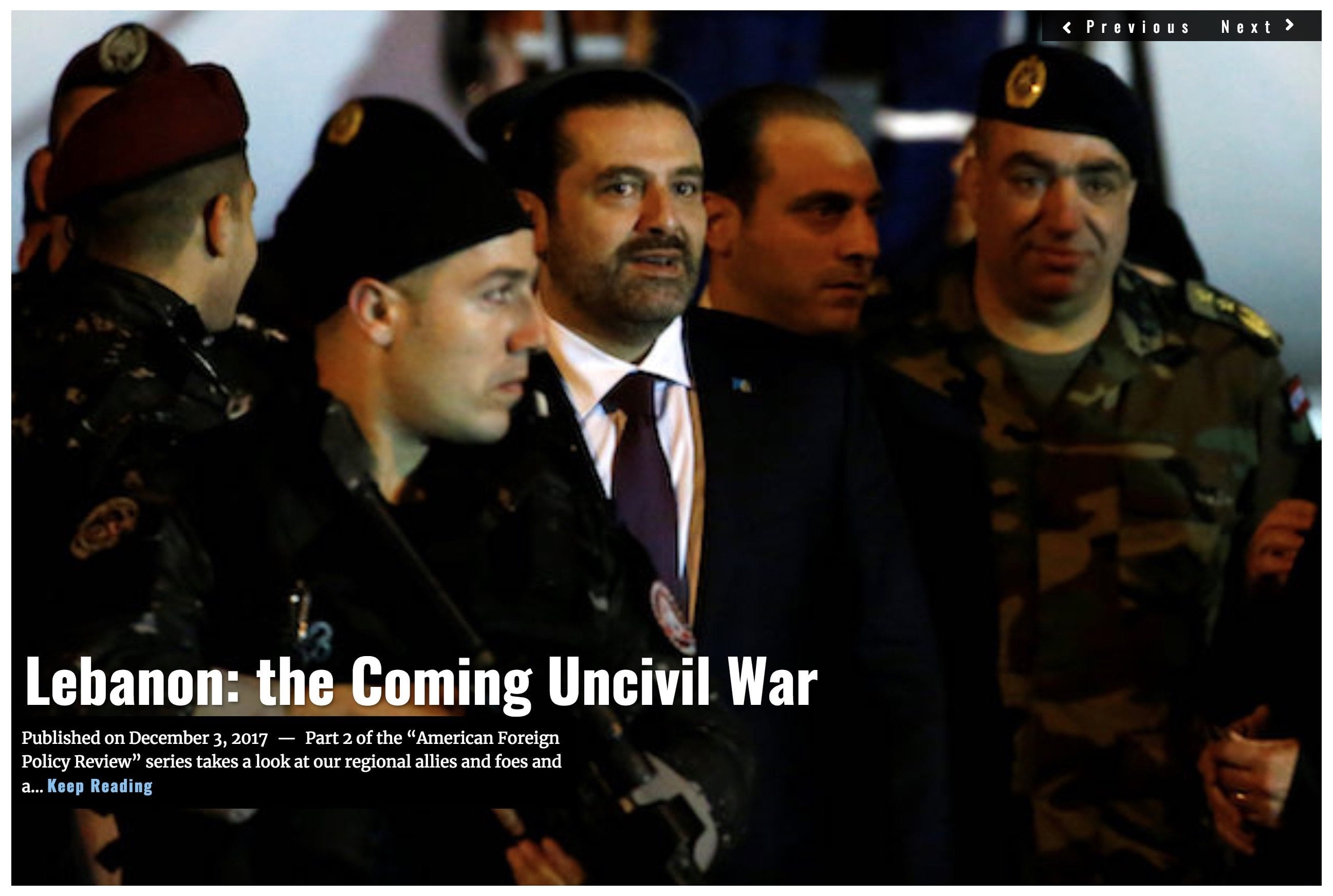
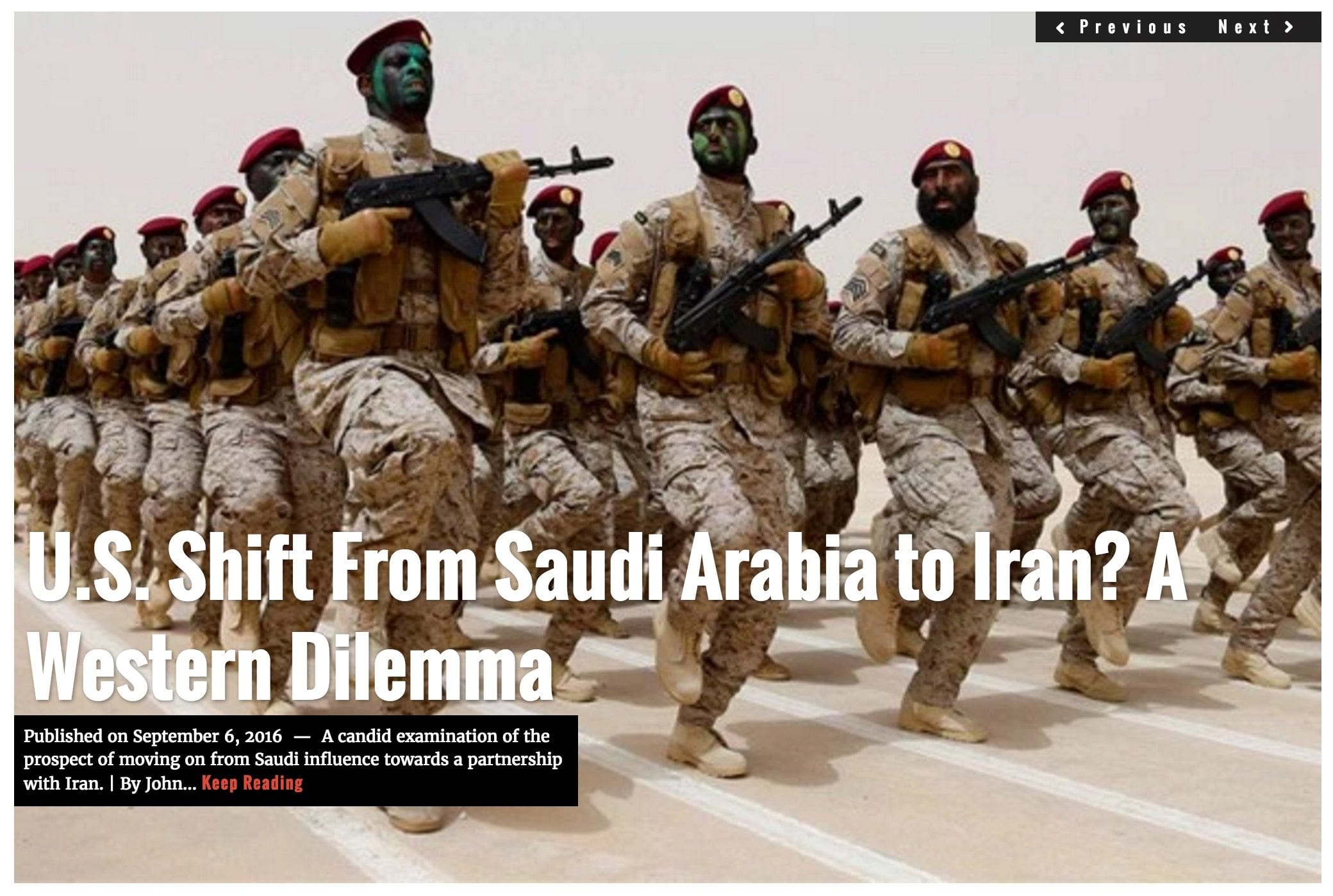
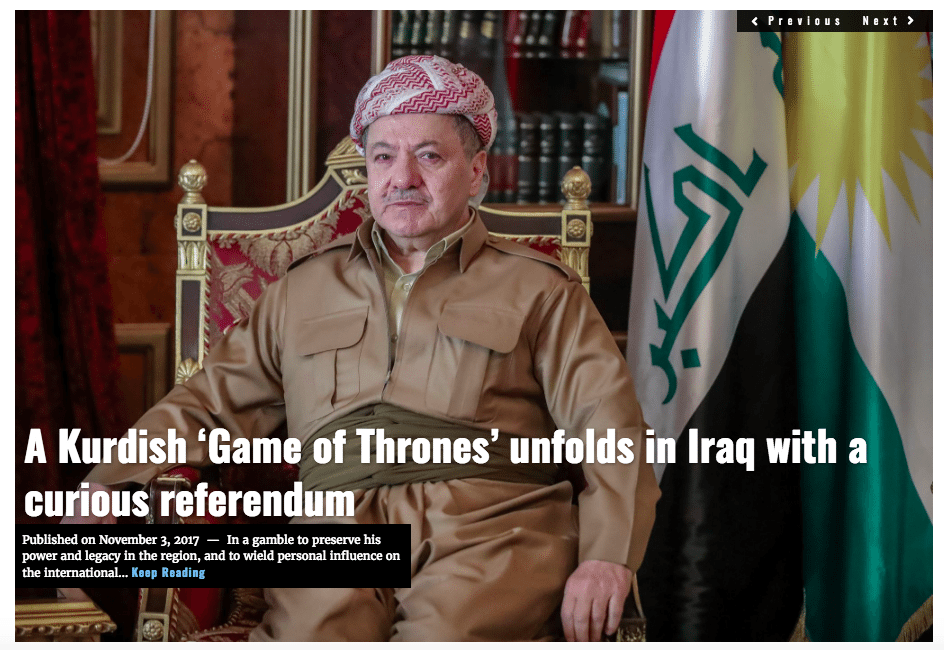
![Iranian crackdown on MEK shows the activist group has popular support [Lima Charlie News]](https://limacharlienews.com/wp-content/uploads/2019/05/Iran-MEK-Lima-Charlie-001-480x384.png)
![The Mind of Bolton - AUMF and the New Iran War [Lima Charlie News]](https://limacharlienews.com/wp-content/uploads/2019/05/Inside-the-mind-of-Bolton-Lima-Charlie-News-main-01-480x384.png)
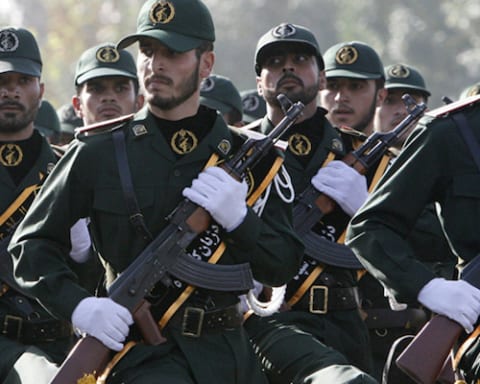
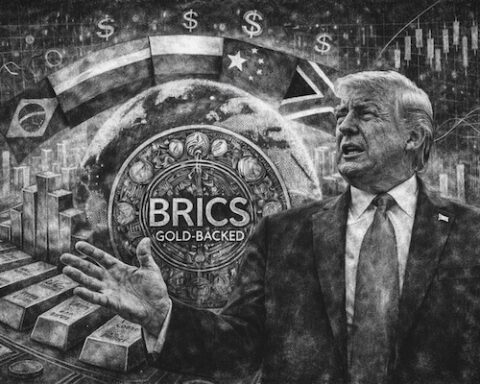

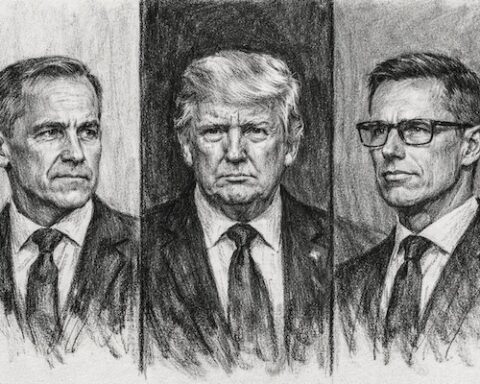
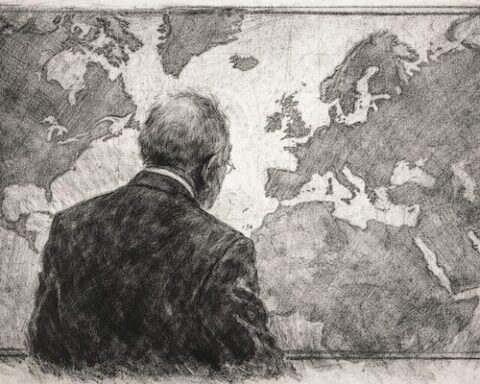

![Iranian crackdown on MEK shows the activist group has popular support [Lima Charlie News]](https://limacharlienews.com/wp-content/uploads/2019/05/Iran-MEK-Lima-Charlie-001-150x100.png)
![The Mind of Bolton - AUMF and the New Iran War [Lima Charlie News]](https://limacharlienews.com/wp-content/uploads/2019/05/Inside-the-mind-of-Bolton-Lima-Charlie-News-main-01-150x100.png)